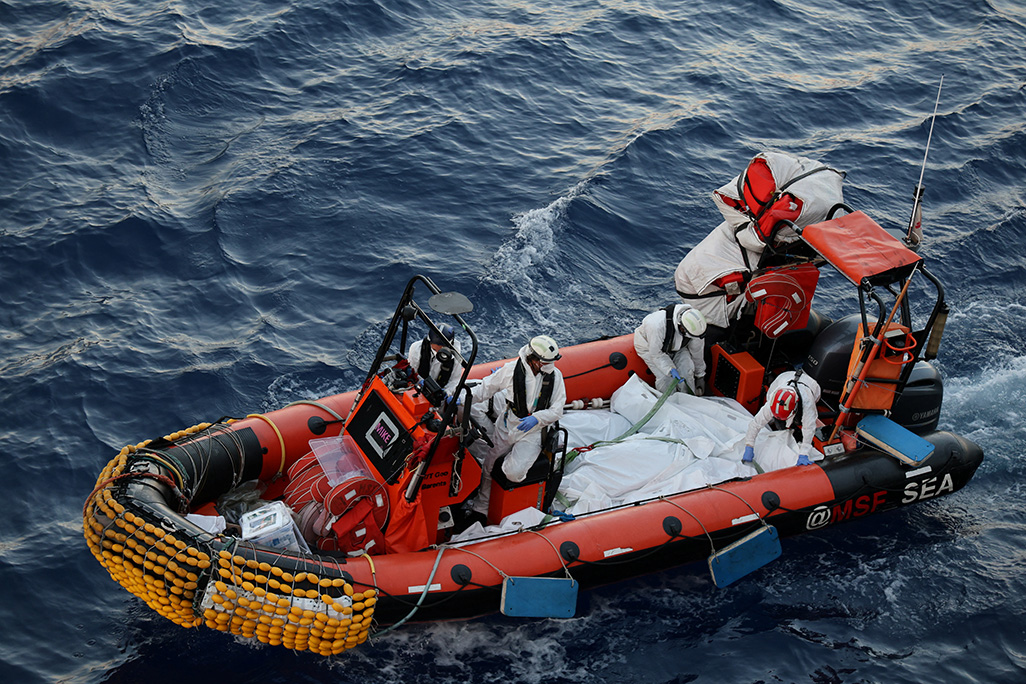More migrants and refugees are embarking on dangerous journeys across Africa towards the southern shores of the Mediterranean Sea where they face growing risk of abuse such as kidnapping and organ theft, a U.N.-backed report said on Friday.
The routes crisscrossing the Sahara northwards from West and East Africa are thought to be twice as deadly as the better-documented central Mediterranean sea route where already more than 800 people are thought to have drowned this year, the report said.
Vincent Cochetel, Special Envoy for the Western and Central Mediterranean for the U.N. refugee agency (UNHCR), which co-authored the report based on interviews with more than 30,000 migrants between 2020-2023, said the testimonies showed the living, dead and sick were being abandoned in the desert.
“Every one that has crossed to Sahara can tell you of people they know who died in the desert,” he told reporters in Geneva. “We cannot lose our capacity to get outraged by this level of violence along the route. Some of it can be addressed,” he added, calling for more protection services and search and rescue missions.
The study, co-written by the International Organization for Migration, said more people were making journeys than in its last report four years ago, citing UNHCR data in Tunisia that showed a more than 200% increase in arrivals in 2023 versus 2020.
It cited local conflicts in parts of the arid Sahel belt and a civil war in Sudan as driving factors, as well as climate change and growing racism along the route.
Nearly one in five of the migrants (18%) said they feared kidnapping and a growing number feared sexual violence (15%), the survey showed. Hundreds have fallen victim to organ traffickers, Cochetel told reporters, either selling them to survive or being robbed.
“Most of the time people are drugged, the organ is removed without their consent,” he said.
While migrants cited smugglers as being among their abusers, they also named criminal gangs and state officials such as police and border guards who had in some cases dumped migrants on the other side of their borders, UNHCR’s Cochetel said.
“Much of this is happening in a situation of near complete impunity,” said Bram Frouws, Director of the Mixed Migration Centre that co-produced the report, calling for more accountability. “We should really follow the money and catch the big guys.”







Click here to change your cookie preferences